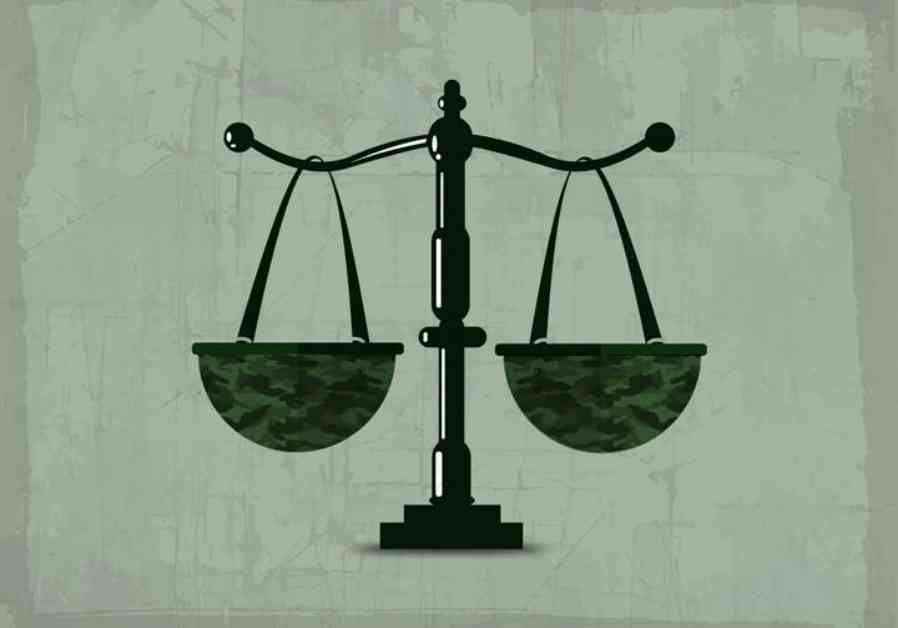Army Trial Procedure: Supreme Court Questions Military Court Decisions
ISLAMABAD:
The Supreme Court’s seven-member constitutional bench, led by Justice Aminuddin Khan, raised concerns about the decision-making process of military courts on Thursday. The court sought details of civilians tried in these courts, sparking a debate on the transparency and procedures followed in military trials.
Transparency in Military Trials
During the hearing of an appeal against the military court’s decision, Defense Ministry lawyer Khawaja Haris defended the procedure followed in these trials. However, Justice Hassan Rizvi questioned the transparency of the trials, emphasizing the importance of a fair and unbiased legal process.
Justice Muhammad Ali Mazhar also echoed concerns about transparency in military trials, highlighting the need for a clear procedure that upholds the principles of natural justice. The discussion delved into the complexities of reviewing military trial records and the limitations faced by higher courts in assessing the merits of these cases.
Legal Amendments and Fair Trial
The debate extended to the legal framework governing military trials, with questions raised about the purpose of enacting the Army Act and its implications for retired officers. Justice Naeem Afghan pointed out the evolution of the law regarding military trials and the challenges posed by constitutional amendments in ensuring fair treatment for all individuals involved.
Khawaja Haris emphasized the ongoing process of legal improvement while addressing the court’s queries. The bench’s discussions highlighted the need for a comprehensive review of the existing laws governing military trials to ensure fairness and transparency in the legal system.
Adjournment and Continued Hearings
As the arguments unfolded, the court adjourned the hearing, with Justice Mandokhail urging the defense ministry’s lawyer to conclude his arguments in the next session. Meanwhile, a separate bench presided over by Justice Mansoor Ali Shah deferred a case related to Article 191A, emphasizing the need for a thorough examination of legal precedents in future hearings.
The Supreme Court’s scrutiny of military trials underscores the significance of transparency and fairness in the legal system, setting the stage for a broader discussion on the efficacy of existing laws in ensuring justice for all individuals involved. As the proceedings continue, the quest for a just and equitable legal framework remains at the forefront of the judicial debate.
AAMIR KHAN, a concerned citizen and legal expert, shared his insights on the implications of the Supreme Court’s questioning of military court decisions. “The court’s focus on transparency and fairness in military trials is a positive step towards ensuring justice for all individuals,” Khan remarked. “By examining the legal procedures and standards applied in these cases, the Supreme Court sets a precedent for upholding the rule of law and protecting the rights of every citizen.”









